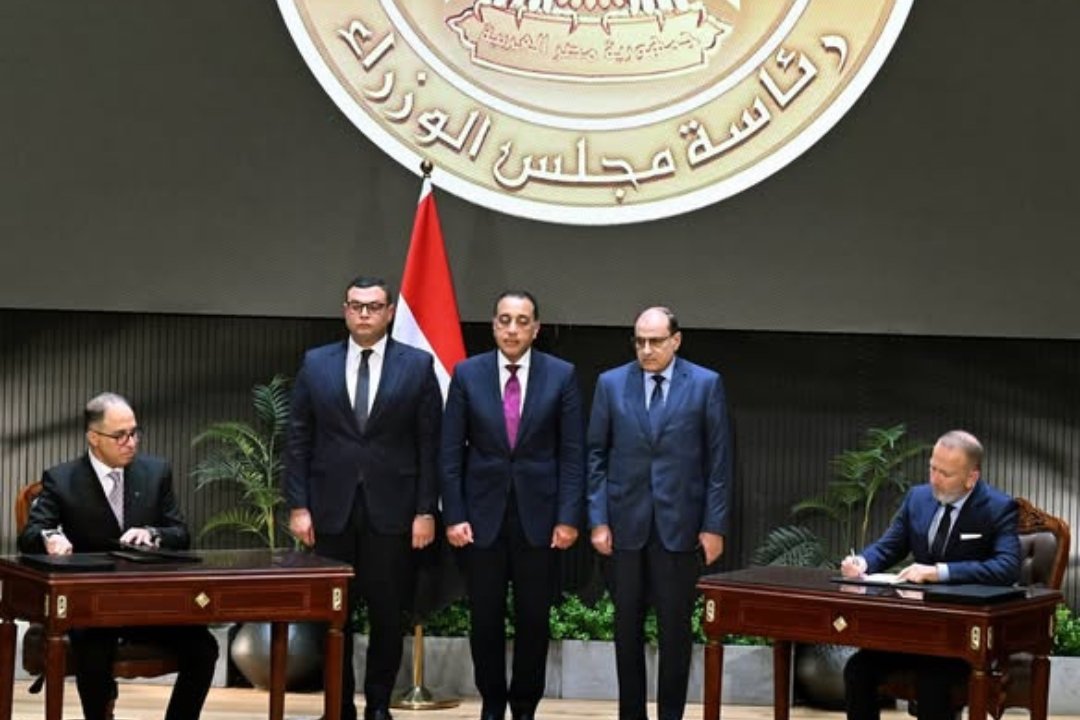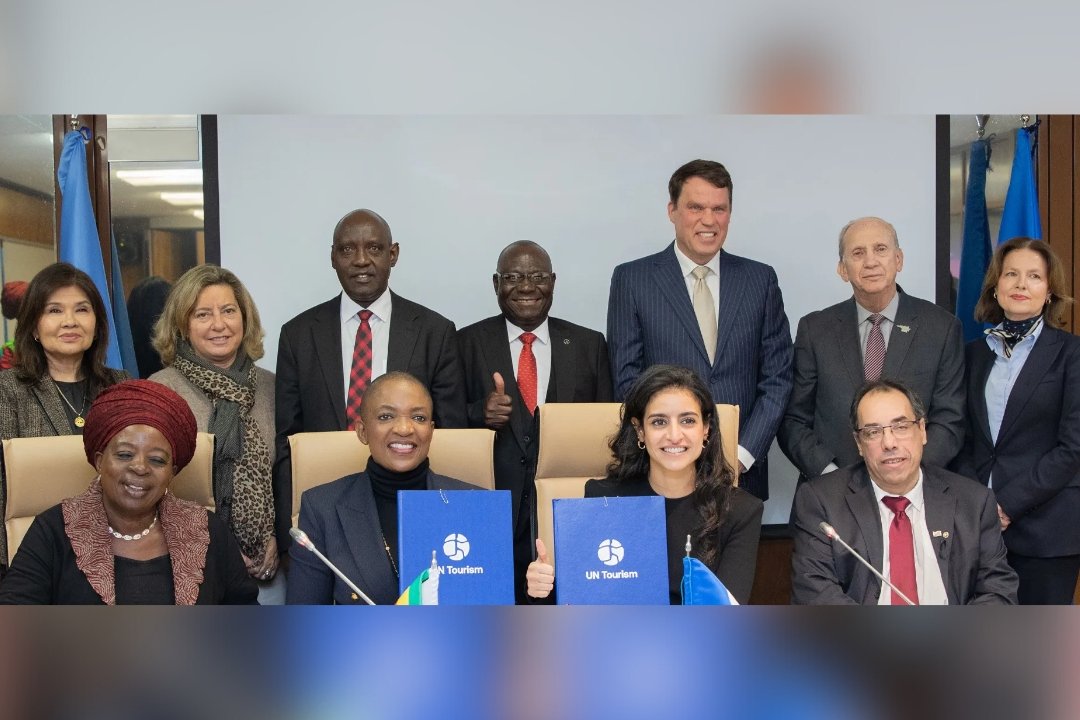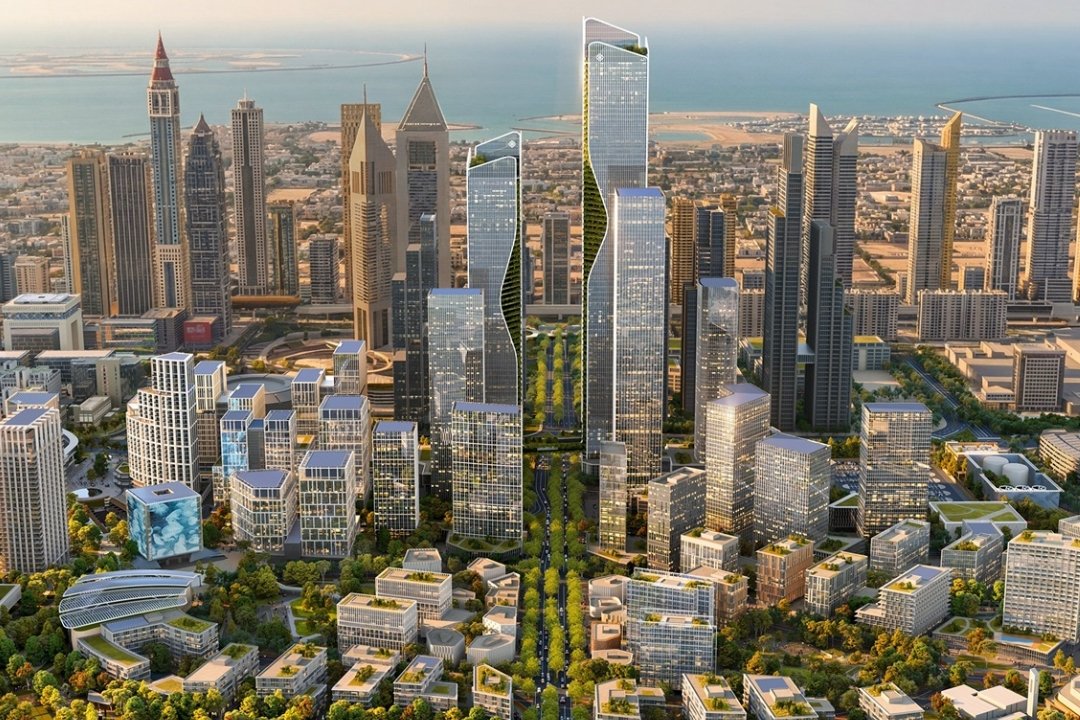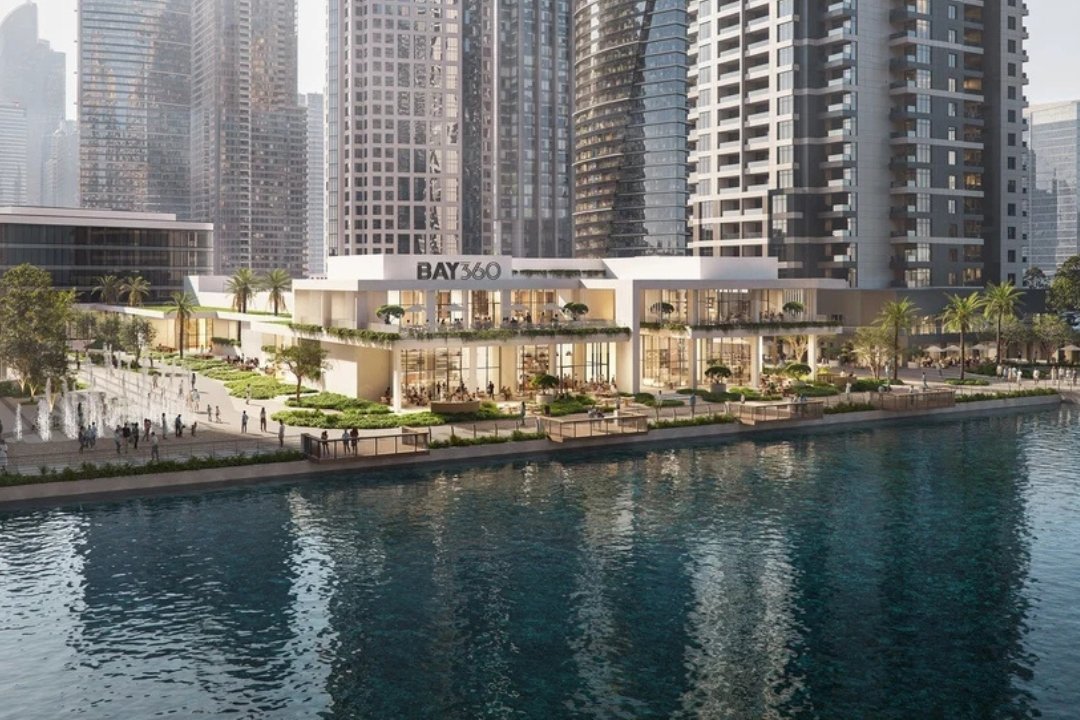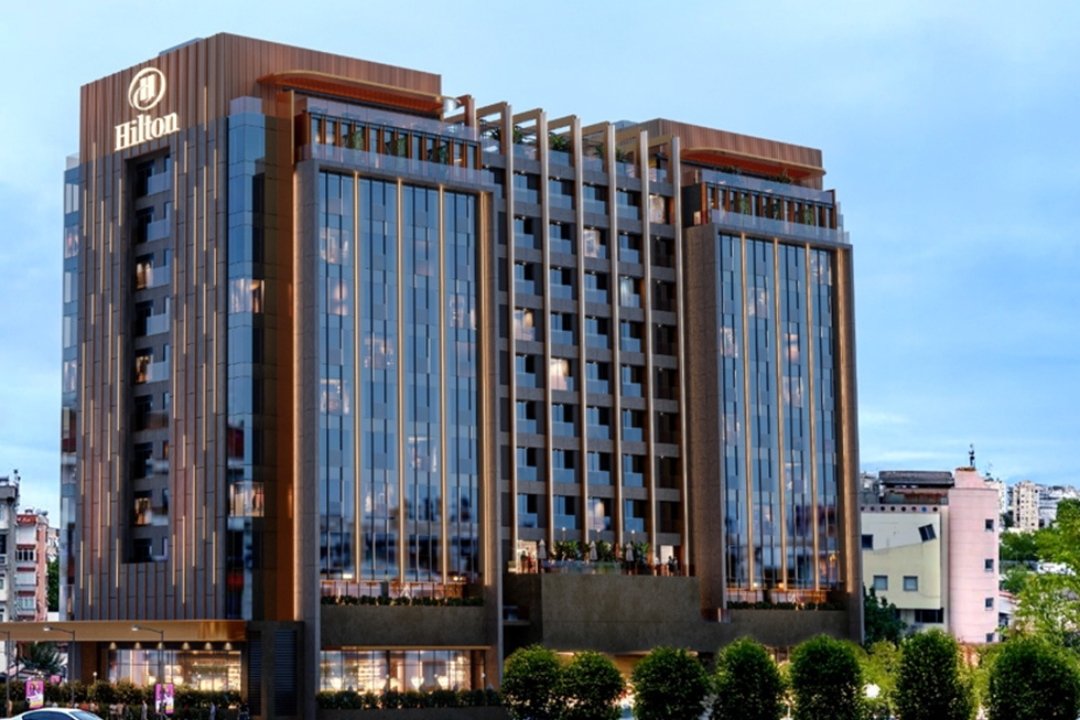The UAE’s outbound tourism market has indicated a sharp rise this summer, with families emerging as the driving force behind a surge in leisure spending. A recent report by Visa based on new research shows that household holidays, often planned around children’s preferences, are shaping how Emirati residents choose destinations and activities.
Leisure spending rises during school holidays
Outbound leisure expenditure rose by 48 per cent during the summer break compared with the rest of the year, as UAE residents took advantage of school holidays to combine trips abroad with leisure stays. The average length of these journeys reached 14 days, and 40 per cent of holidaymakers took more than one trip.
Premium cardholders accounted for 88 per cent of all spending, with a 17 per cent increase in outlay from this segment alone. Families, typically travelling in groups of two to five, spent an average of $2,195 on tickets, marking a 48 per cent rise in airfares compared with earlier months.
Children’s impact on leisure travel
Visa’s data highlights how much influence younger travellers now hold over family holiday planning. Spending at amusement parks rose by 150 per cent using UAE-issued cards, while global toy purchases increased by 70 per cent. Entertainment spending averaged $145 per card, with accommodation reaching $925 per card, reflecting a stronger appetite for child-friendly activities and comfort.
“Summer travel has always been a family affair, but it is interesting to see how children are increasingly shaping where and how families spend their holidays,” said Salima Gutieva, Visa’s Vice President and Country Manager for the UAE. “These insights help us, as well as our partners across banks, governments, and merchants, design travel experiences that are more rewarding, seamless, and family-friendly.”
Popular destinations
London remained the most popular international choice for UAE residents, capturing seven per cent of total outbound travel. Muscat matched this figure, while Riyadh accounted for six per cent. Istanbul and Bangkok each attracted five per cent of travellers, showing the mix of regional and long-haul preferences. Brasilia was noted as the most distant destination visited this summer, more than 12,000 kilometres away.
UAE tourism sector growth
The rise in outbound travel comes alongside continued strength in the UAE’s domestic tourism industry. International visitor spending within the country is forecast to reach AED228.5 billion in 2025, up from AED217.3 billion last year. Domestic visitor spending is also set to grow, rising from AED57.6 billion in 2024 to AED60 billion in 2025. Combined, the sector is expected to contribute AED267.5 billion to the economy this year, around 13 per cent of national GDP.
Employment within the industry continues to expand, with over 925,000 jobs projected in 2025 compared with 898,600 last year. This highlights how hospitality and tourism remain central to the UAE’s economic plans.
Dubai defies seasonal expectations
Dubai, in particular, has been at the heart of this growth. The city welcomed 18.72 million international visitors in 2024, a 9.15 per cent increase from the year before. Hotels have been added to meet demand, and the emirate has recorded record visitor numbers during July and August, months once thought to deter tourists because of extreme heat.
Seasonal attractions are playing a big part in drawing crowds. Dubai Summer Surprises and the Abu Dhabi Summer Shopping Season have successfully lured families and overseas visitors with discounts, indoor activities and shopping festivals. Luxury hotels have joined the effort, offering packages and promotions to encourage longer stays.
Families reshaping hospitality trends
The latest findings support the broader trend of summer travel becoming increasingly experiential, with families at the centre. The hospitality sector is adjusting to these demands by promoting packages that combine accommodation with theme park access, family entertainment and flexible booking options.
For banks and tourism authorities, the figures also present opportunities. Data-driven rewards and early-booking incentives tailored to families could prove attractive, while partnerships with international merchants and local resorts may deliver the exclusive benefits that UAE travellers expect.
What is clear is that the UAE’s leisure travel market is changing. Families are spending more, staying longer and prioritising experiences shaped by children’s preferences. For the hospitality industry, both at home and abroad, this means adapting quickly to a new type of traveller, one led by younger voices but backed by high spending power.




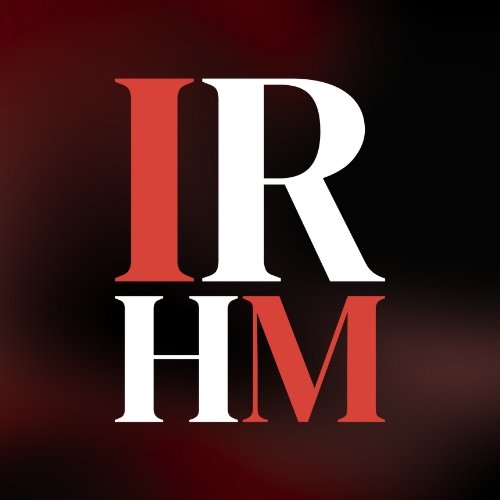

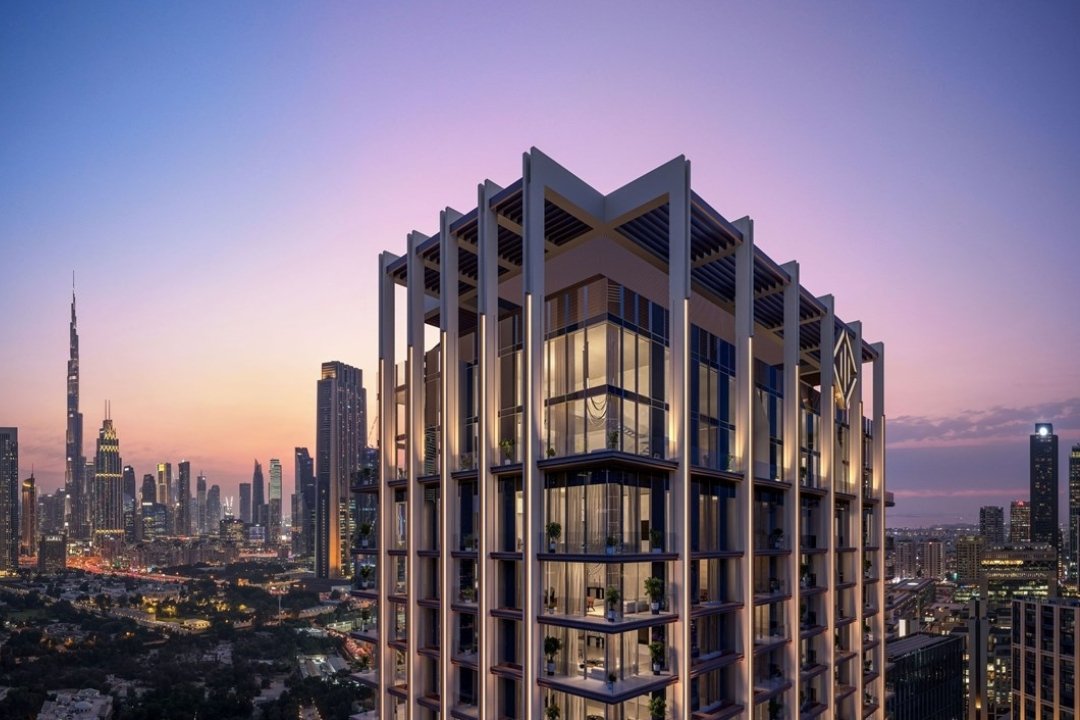


![[IRHM] logo](https://irhmagazine.com/wp-content/uploads/2025/08/IRHM-AWARDS-2025-1024x683.jpg)
